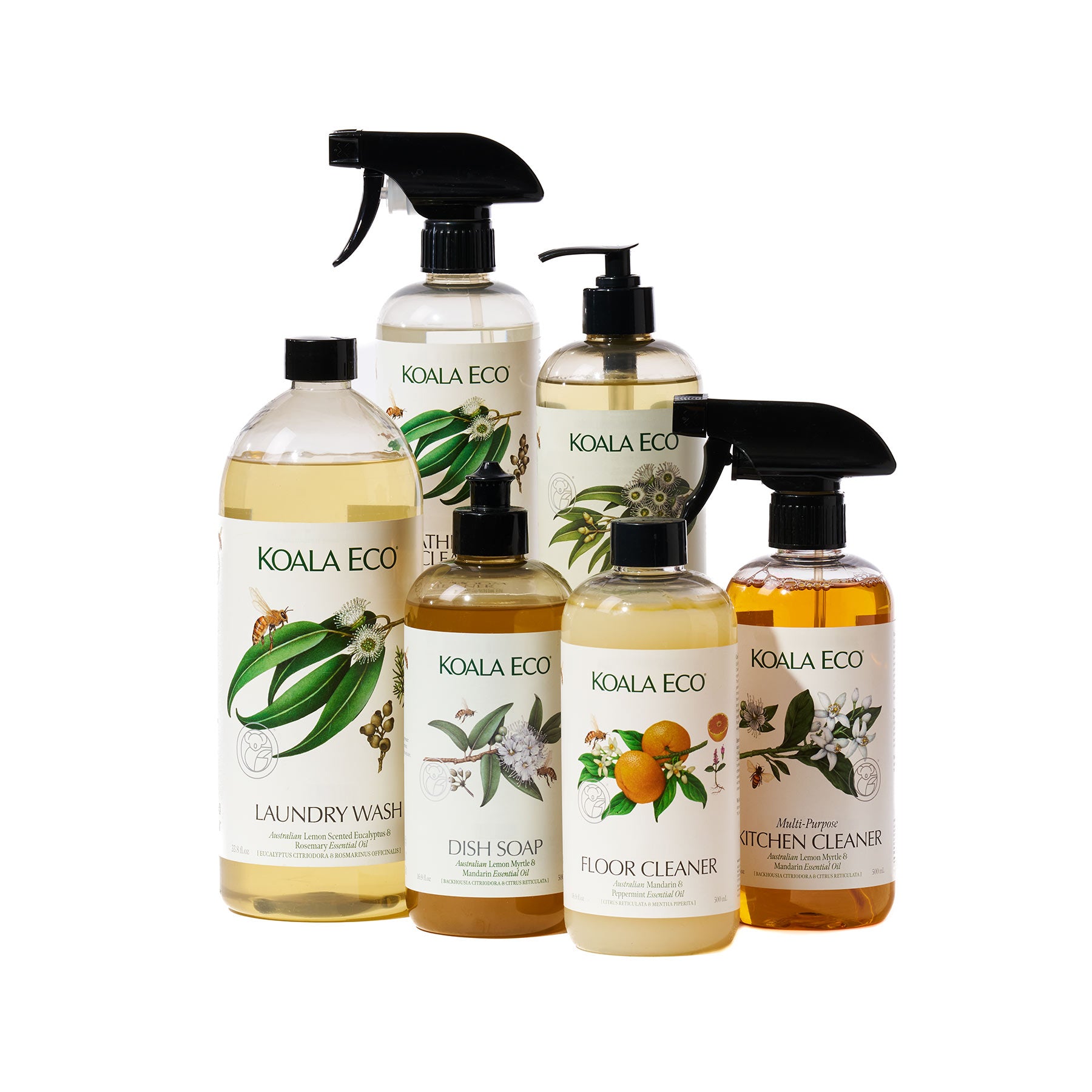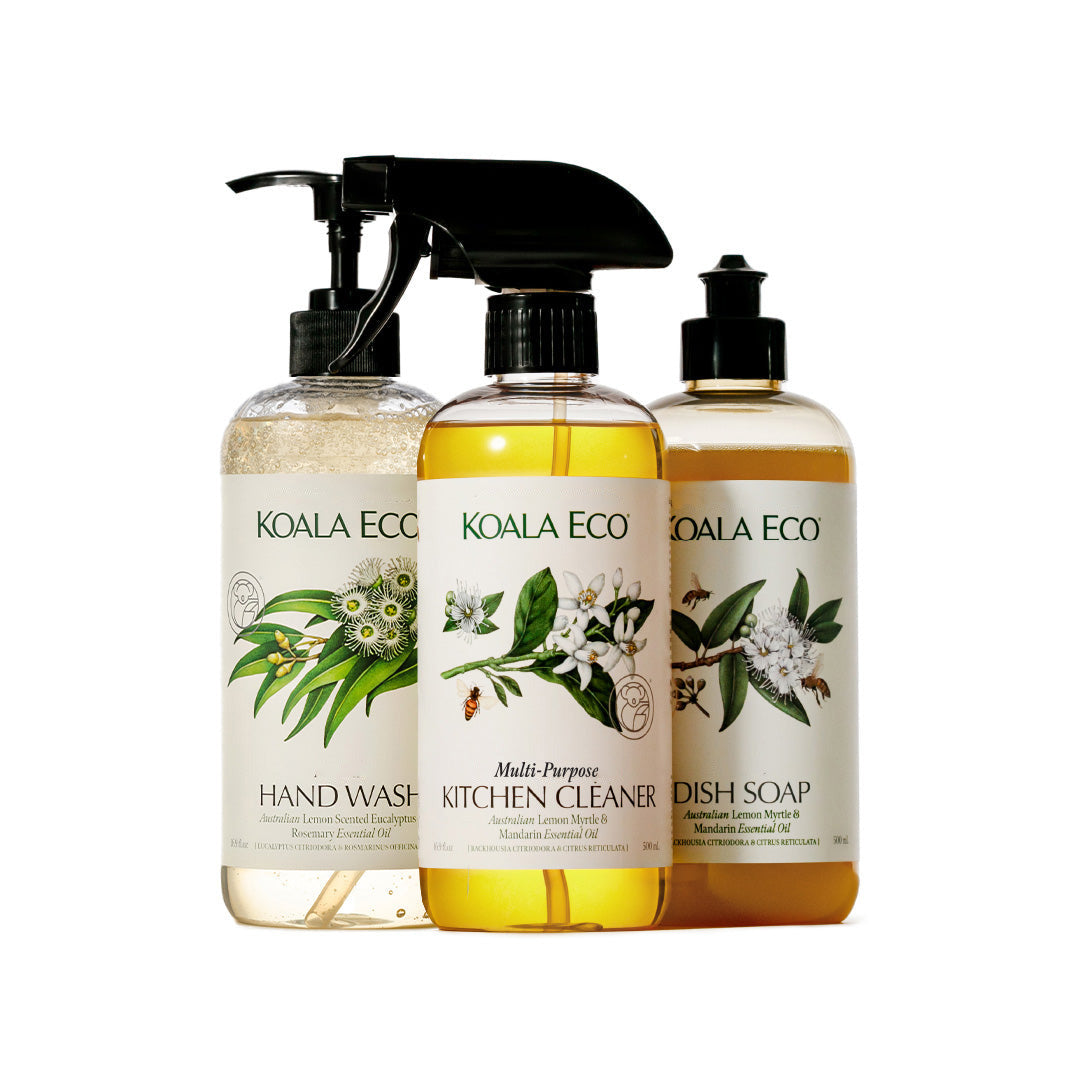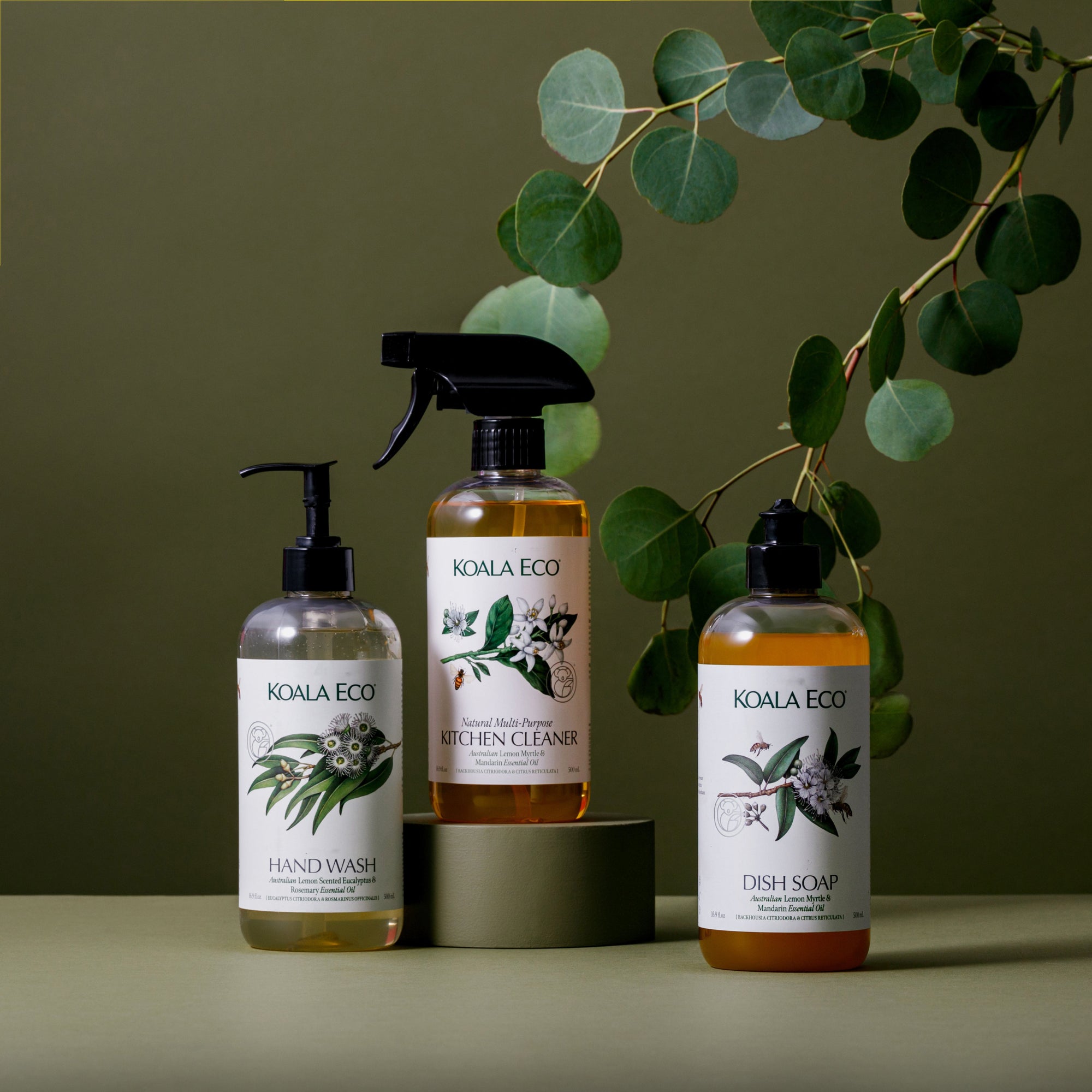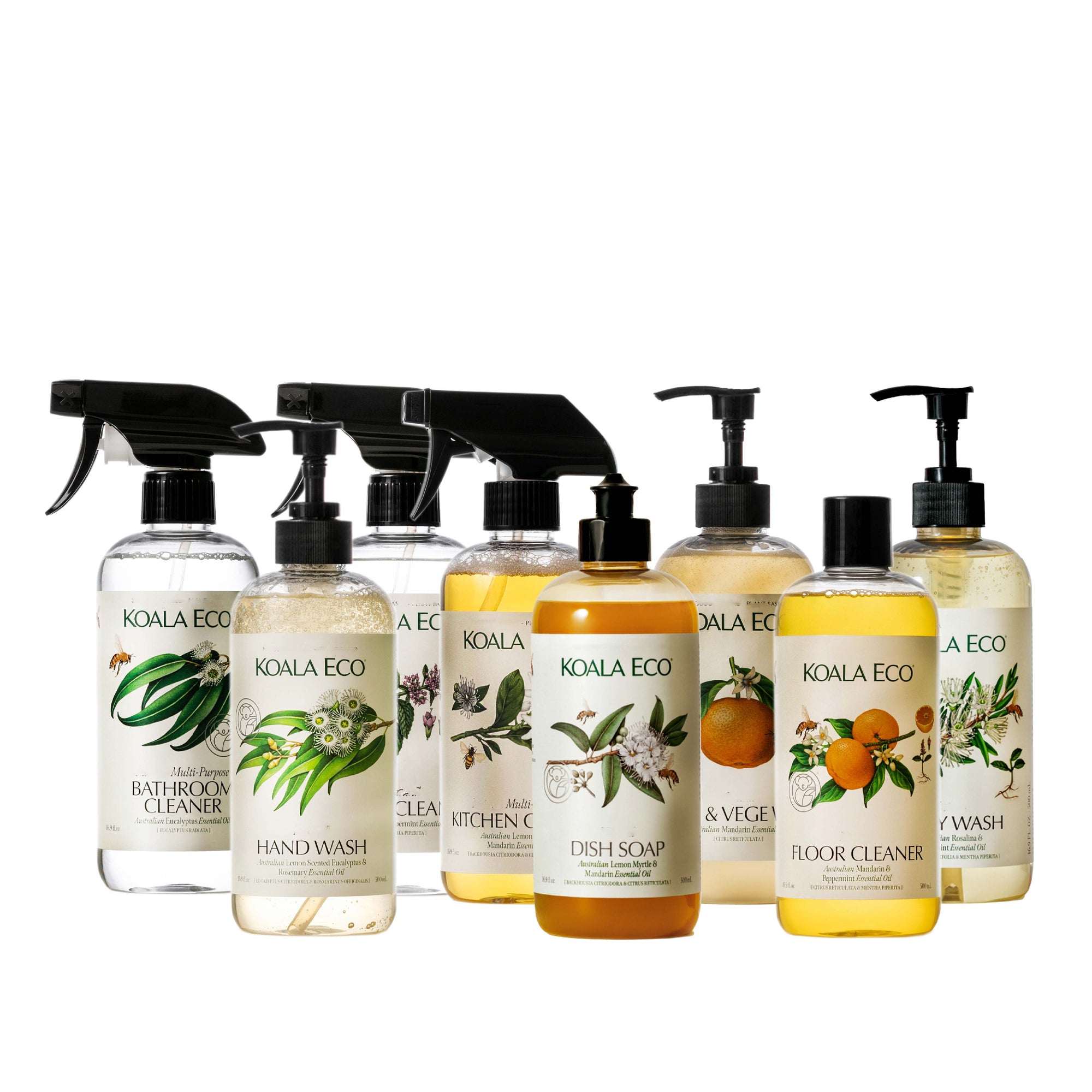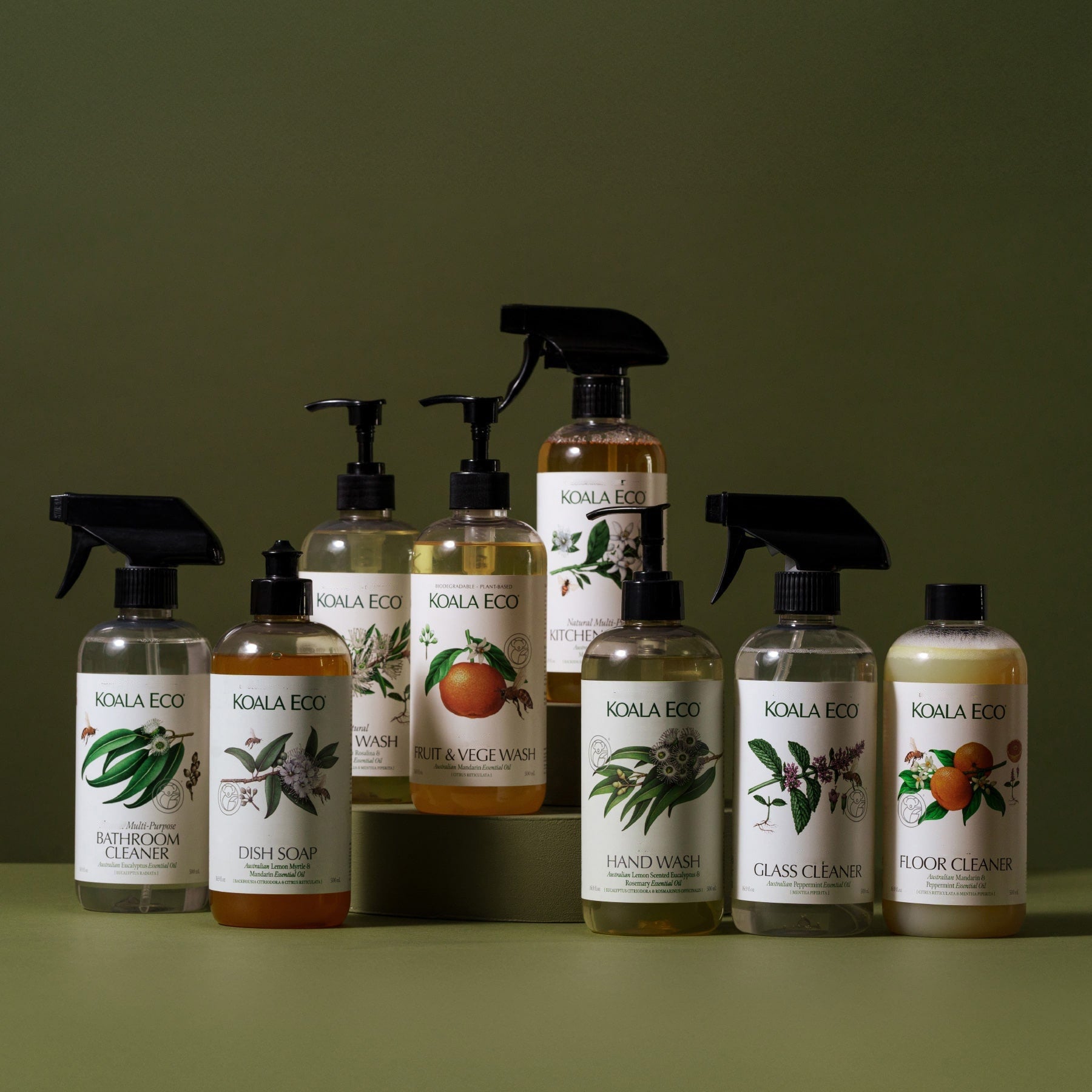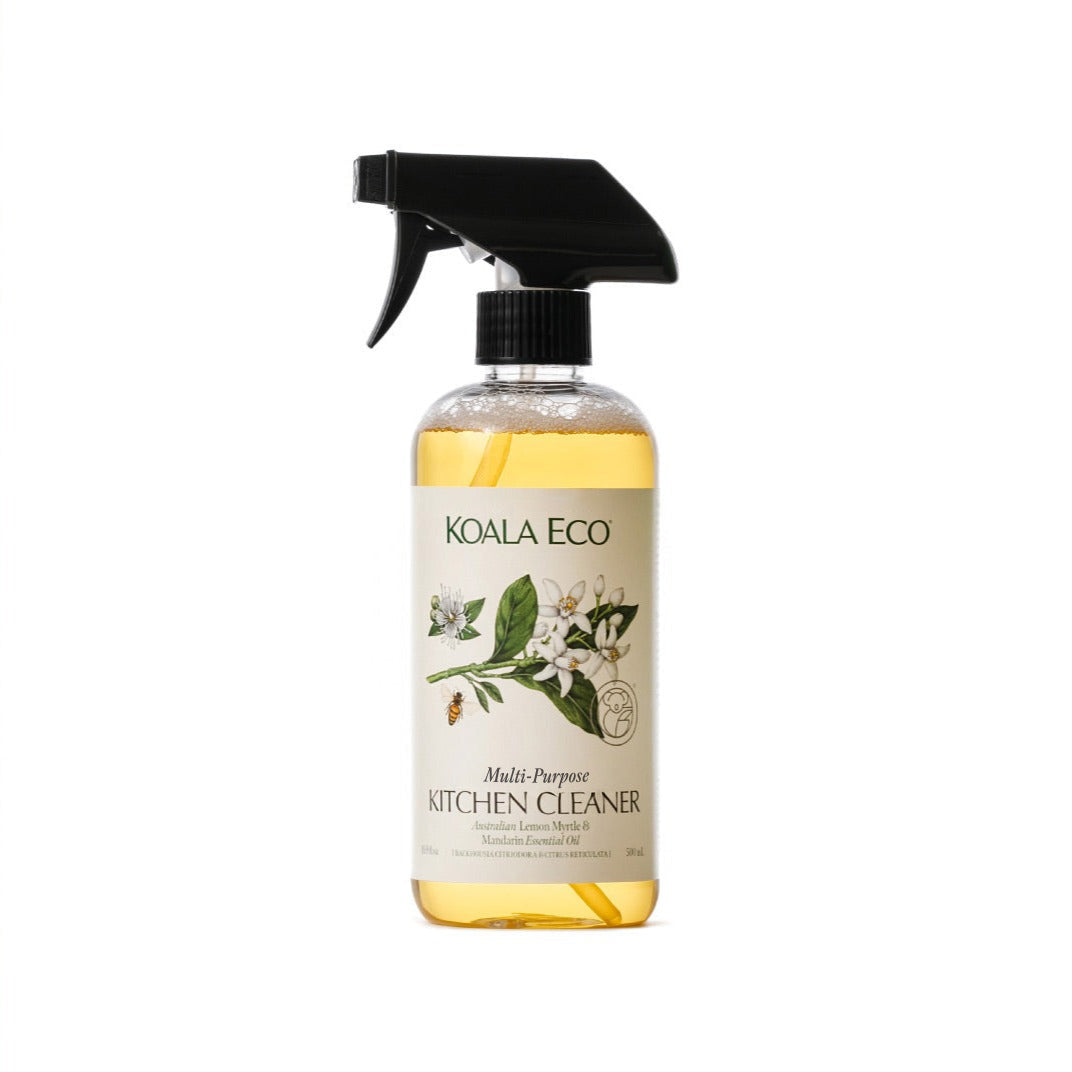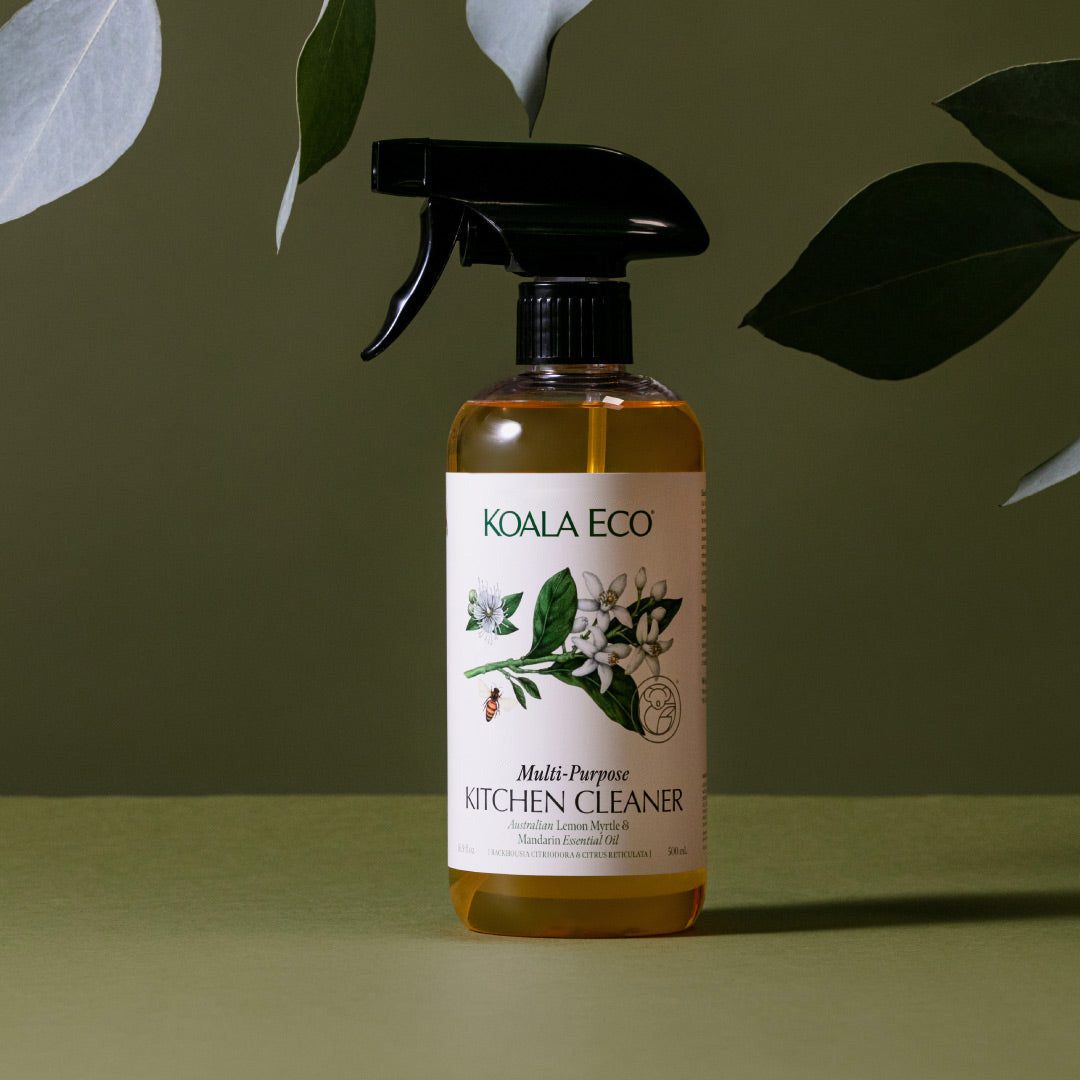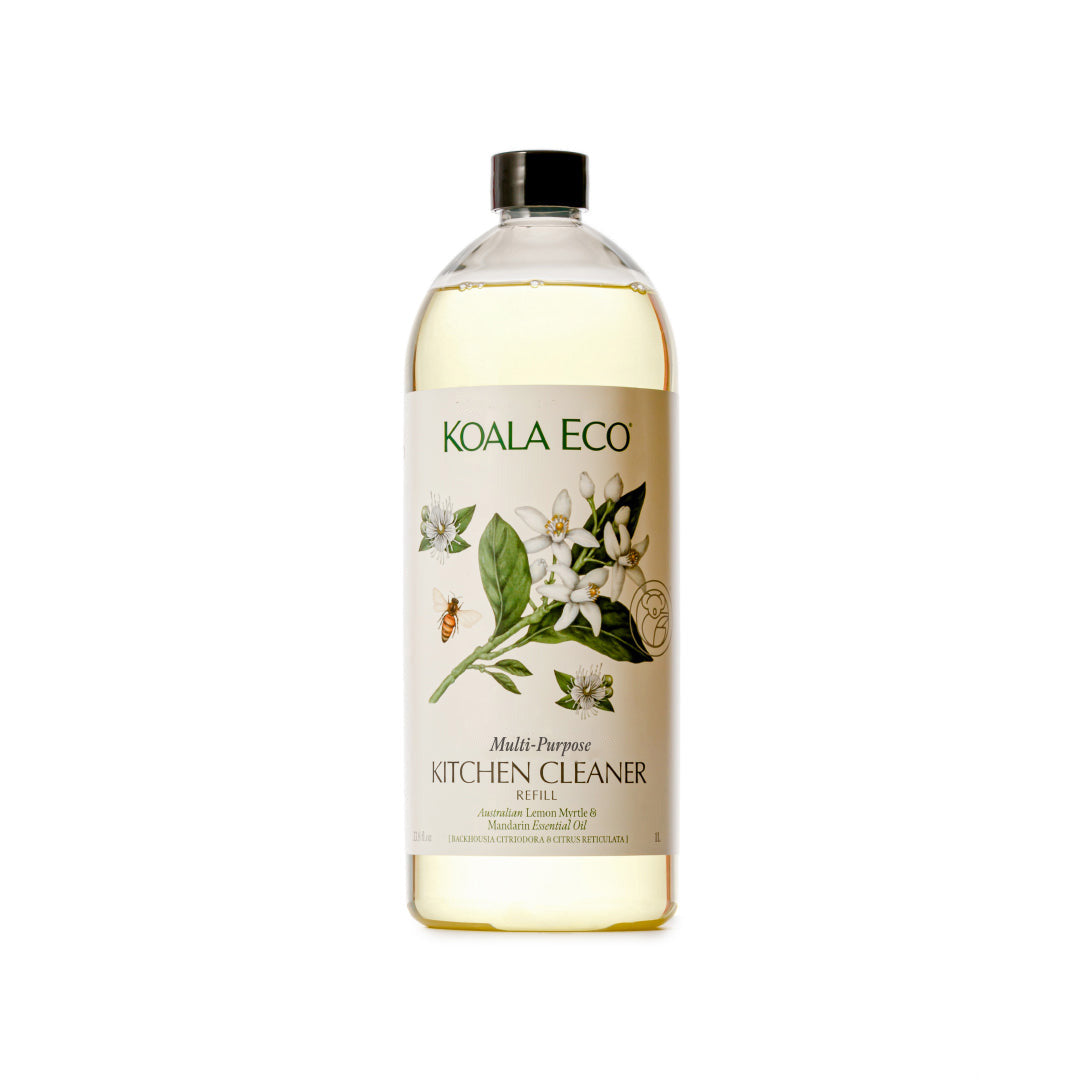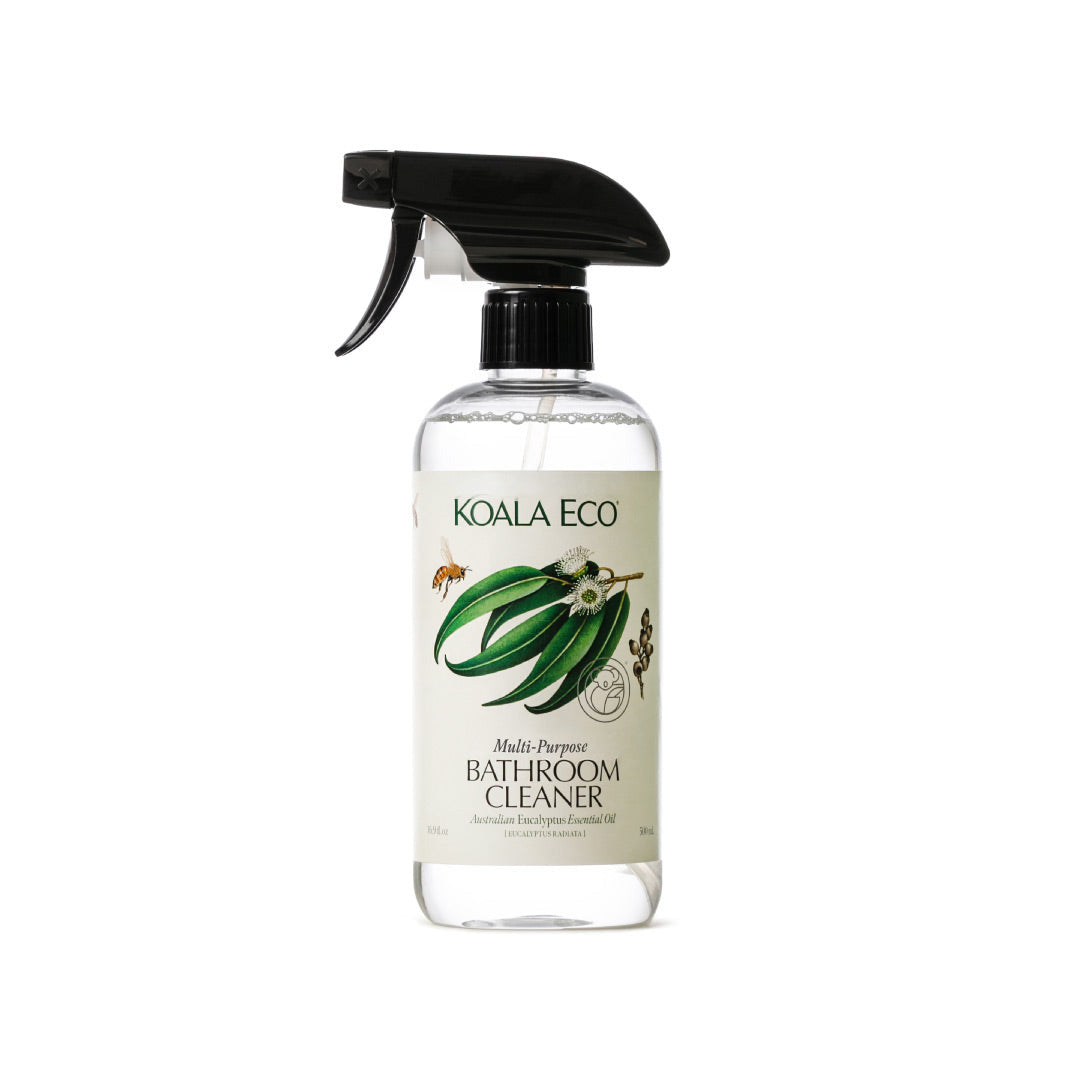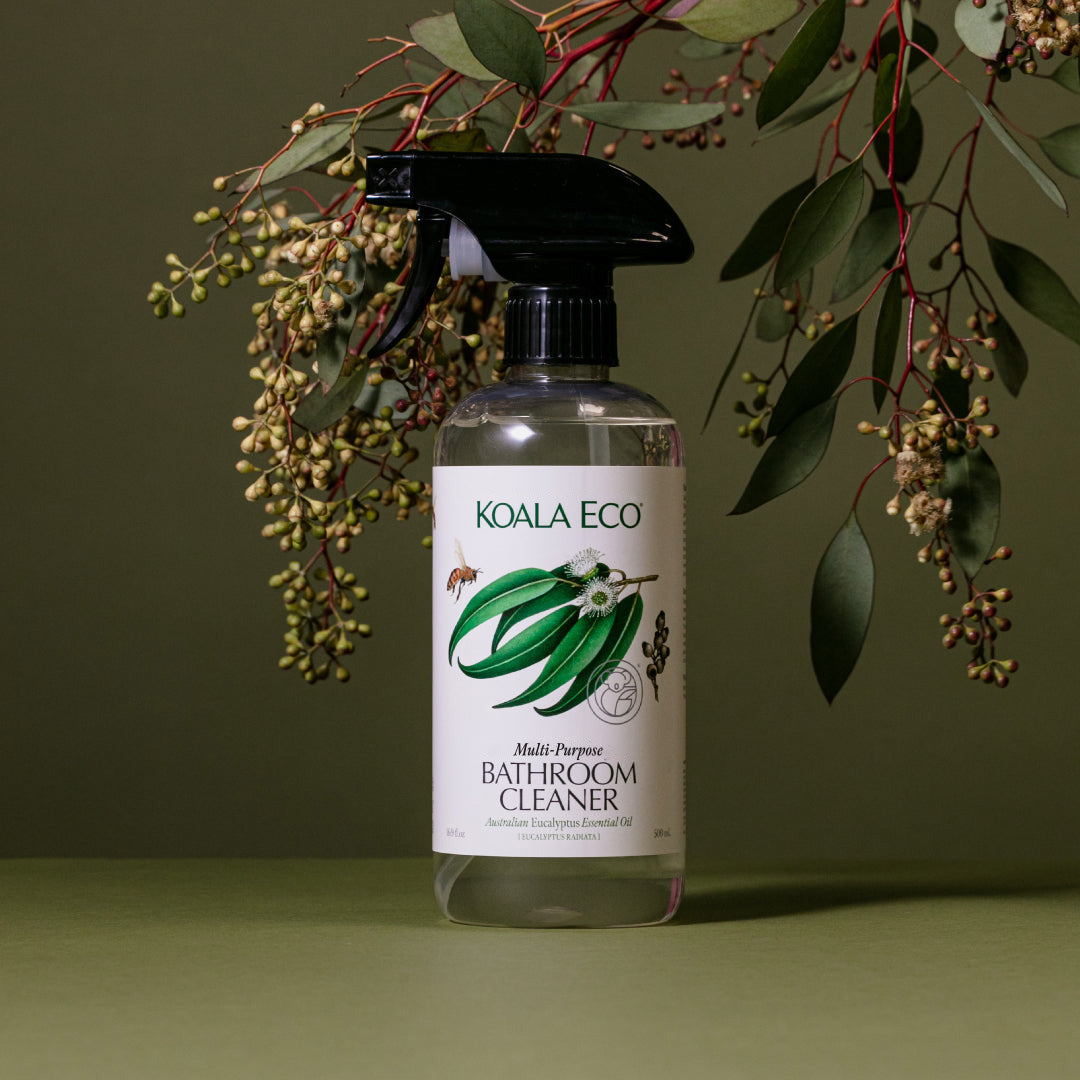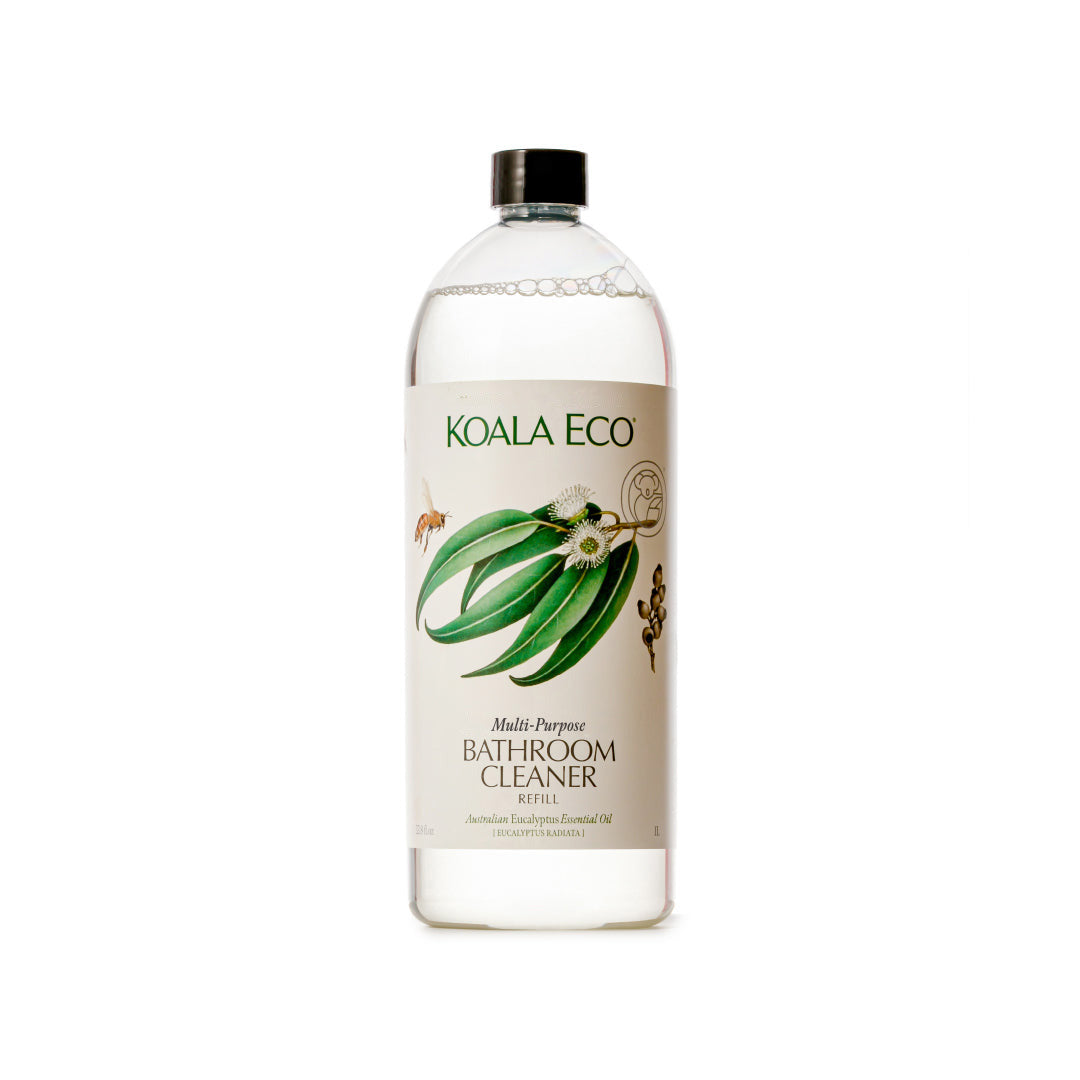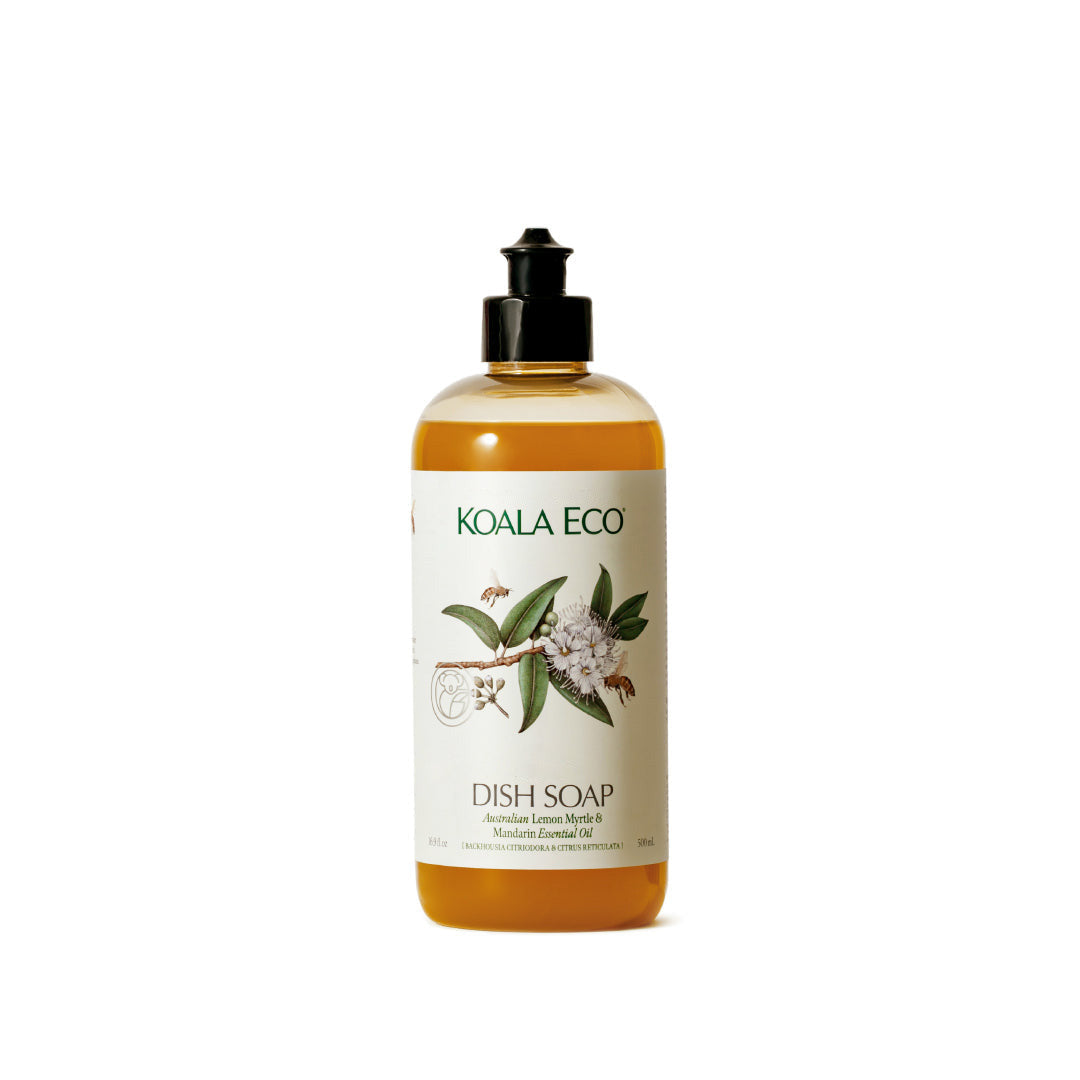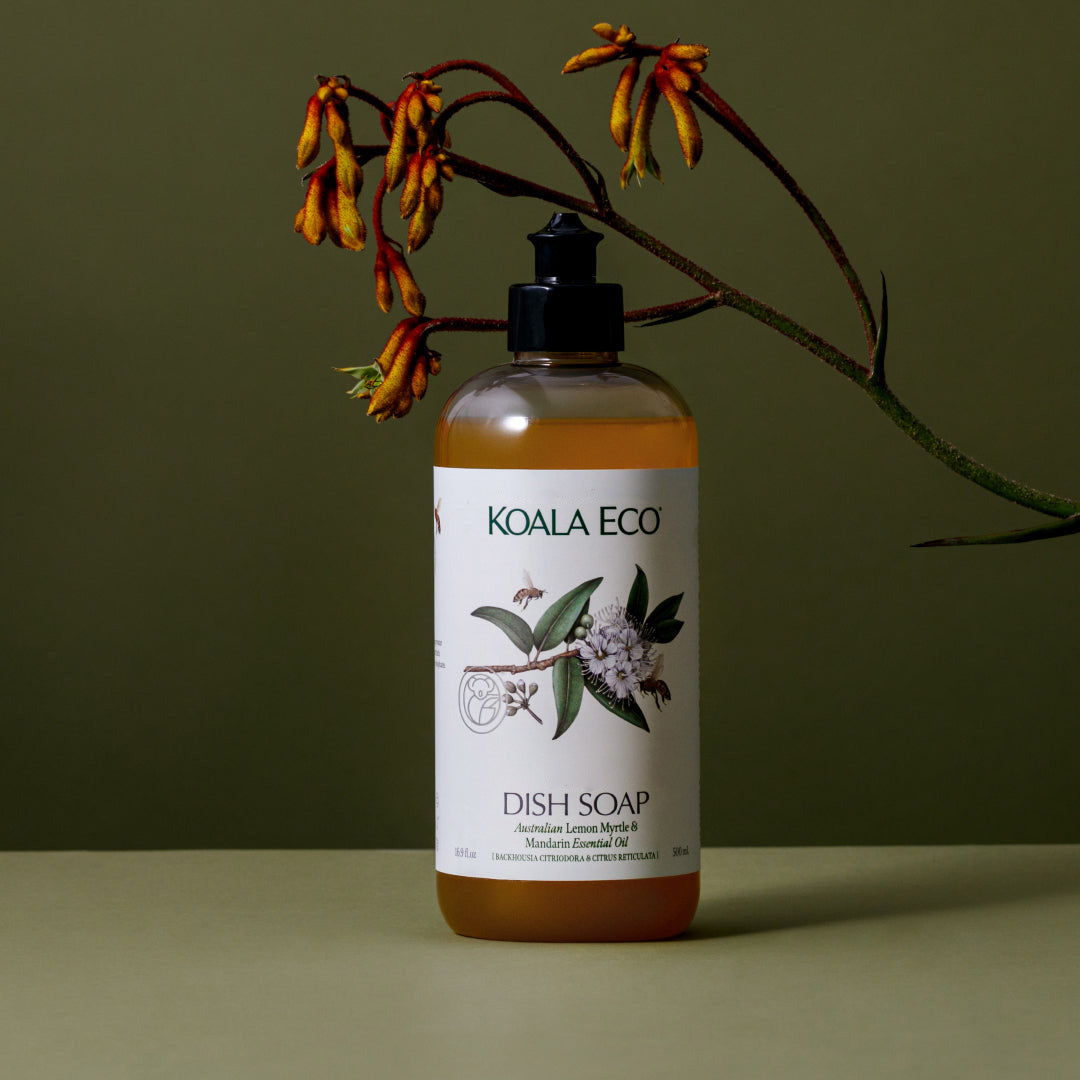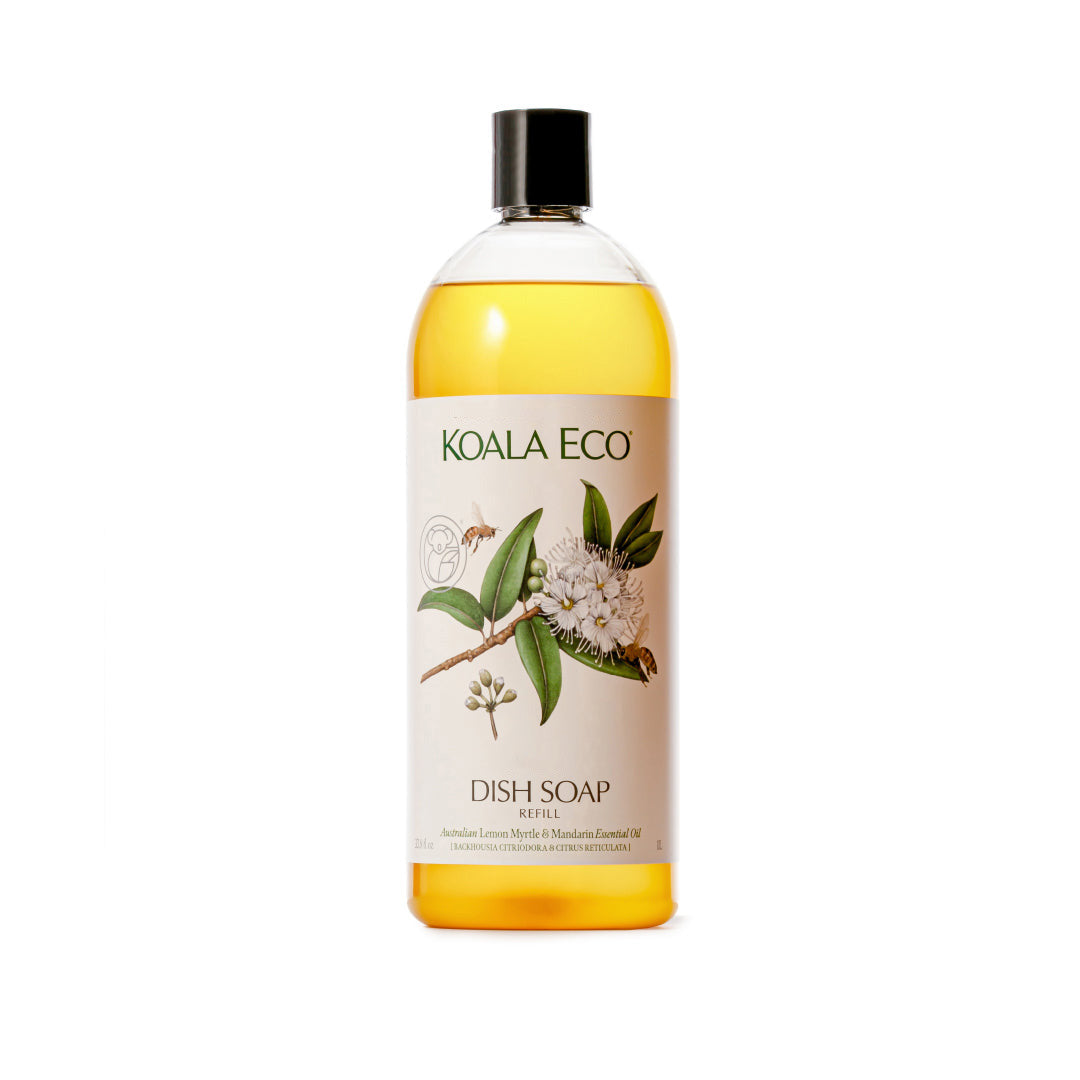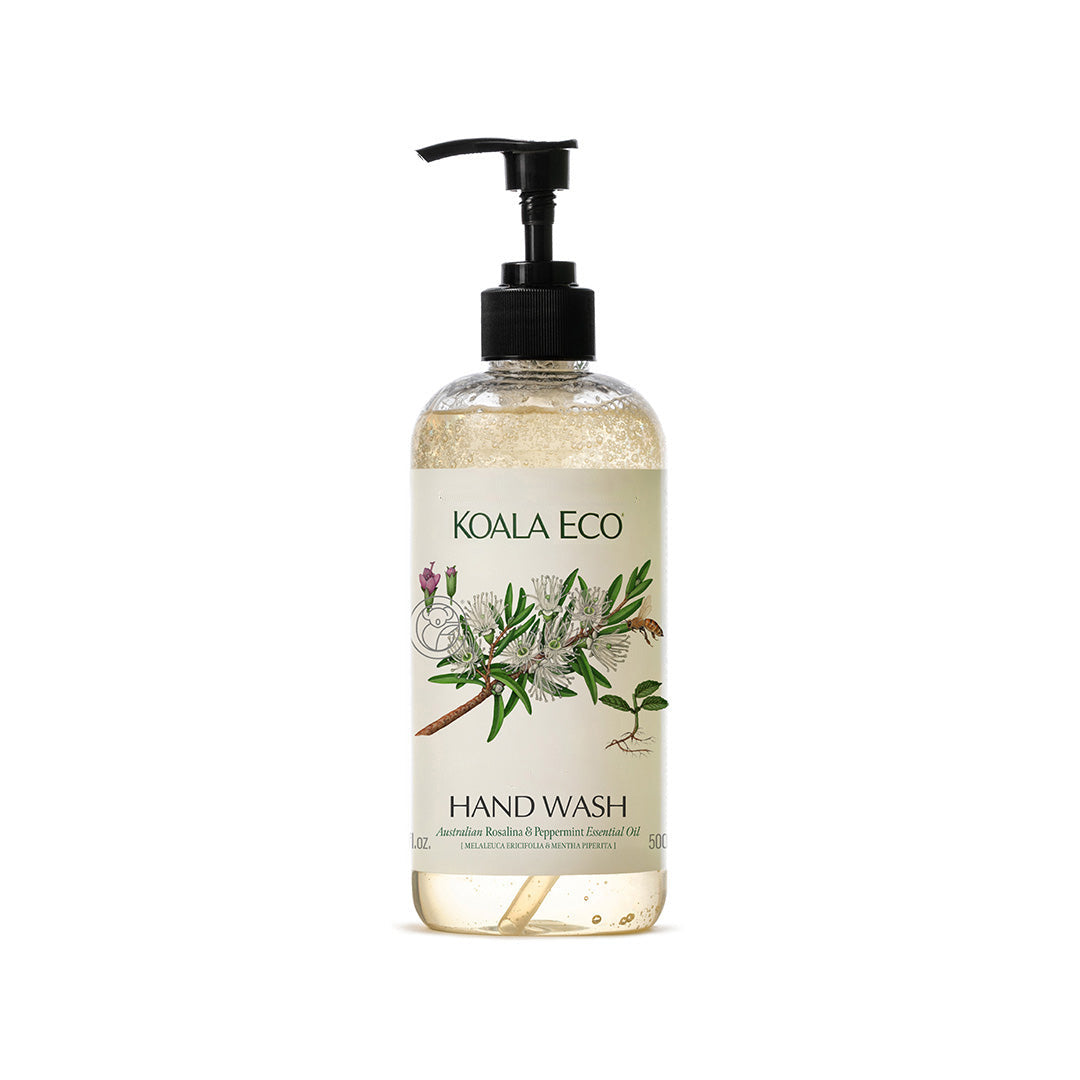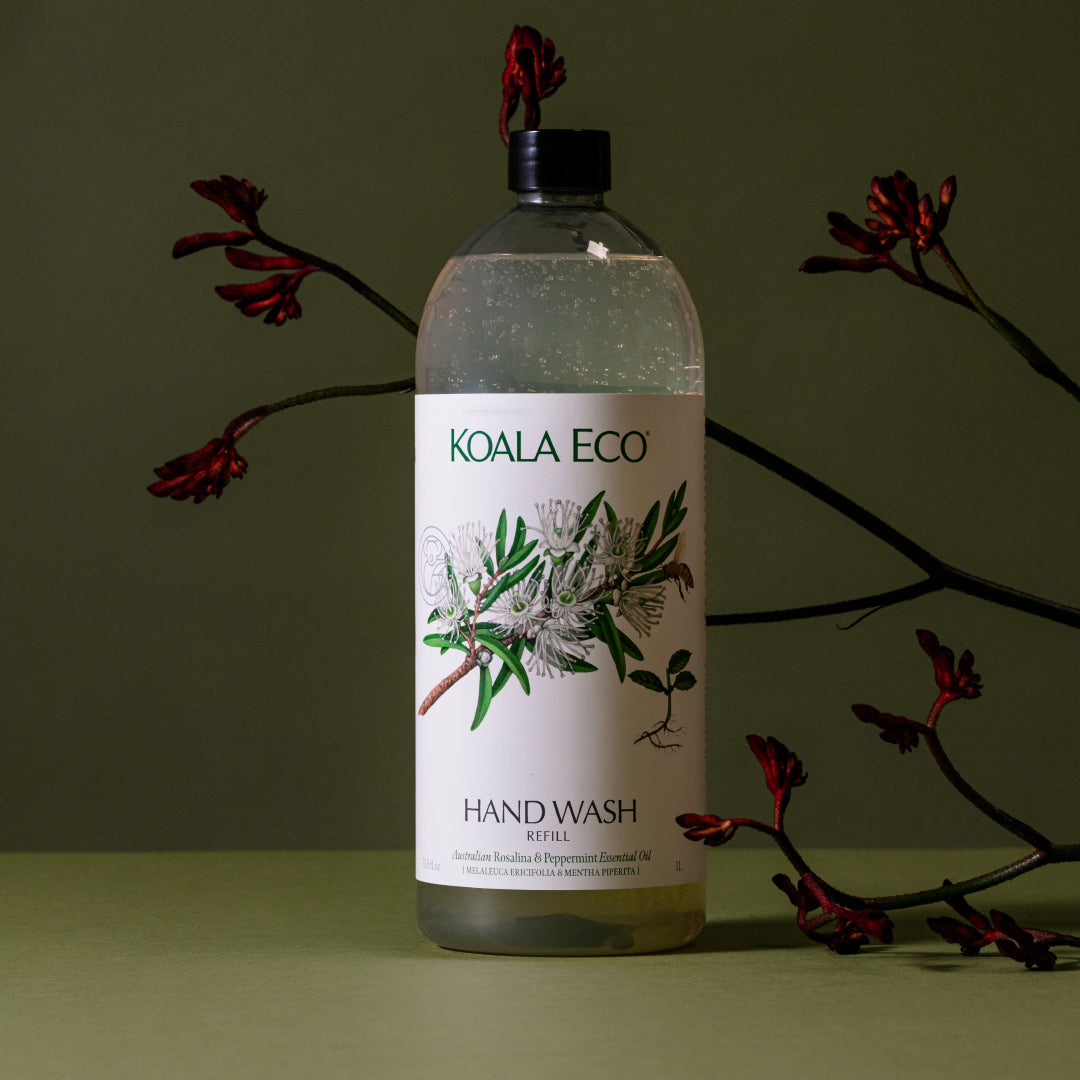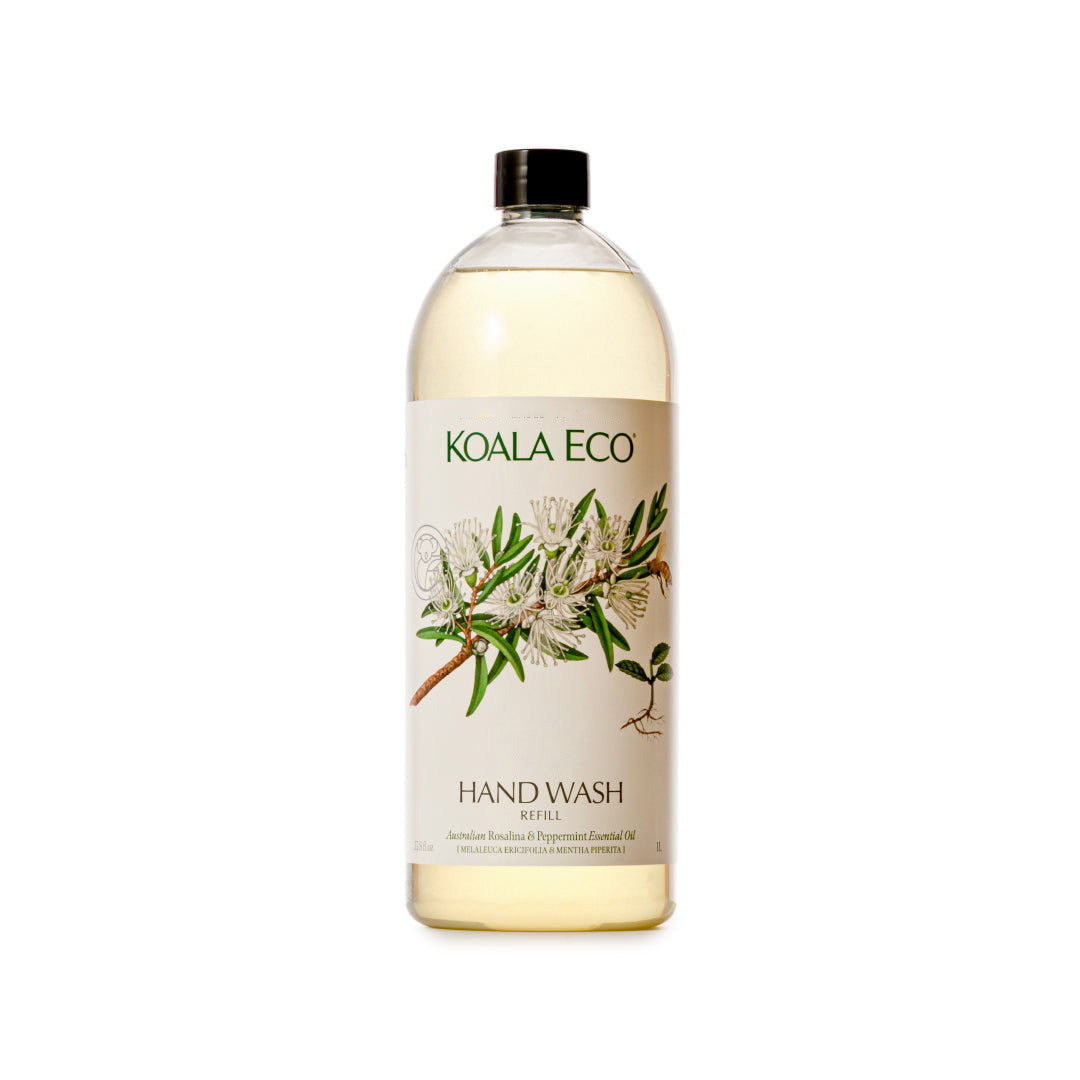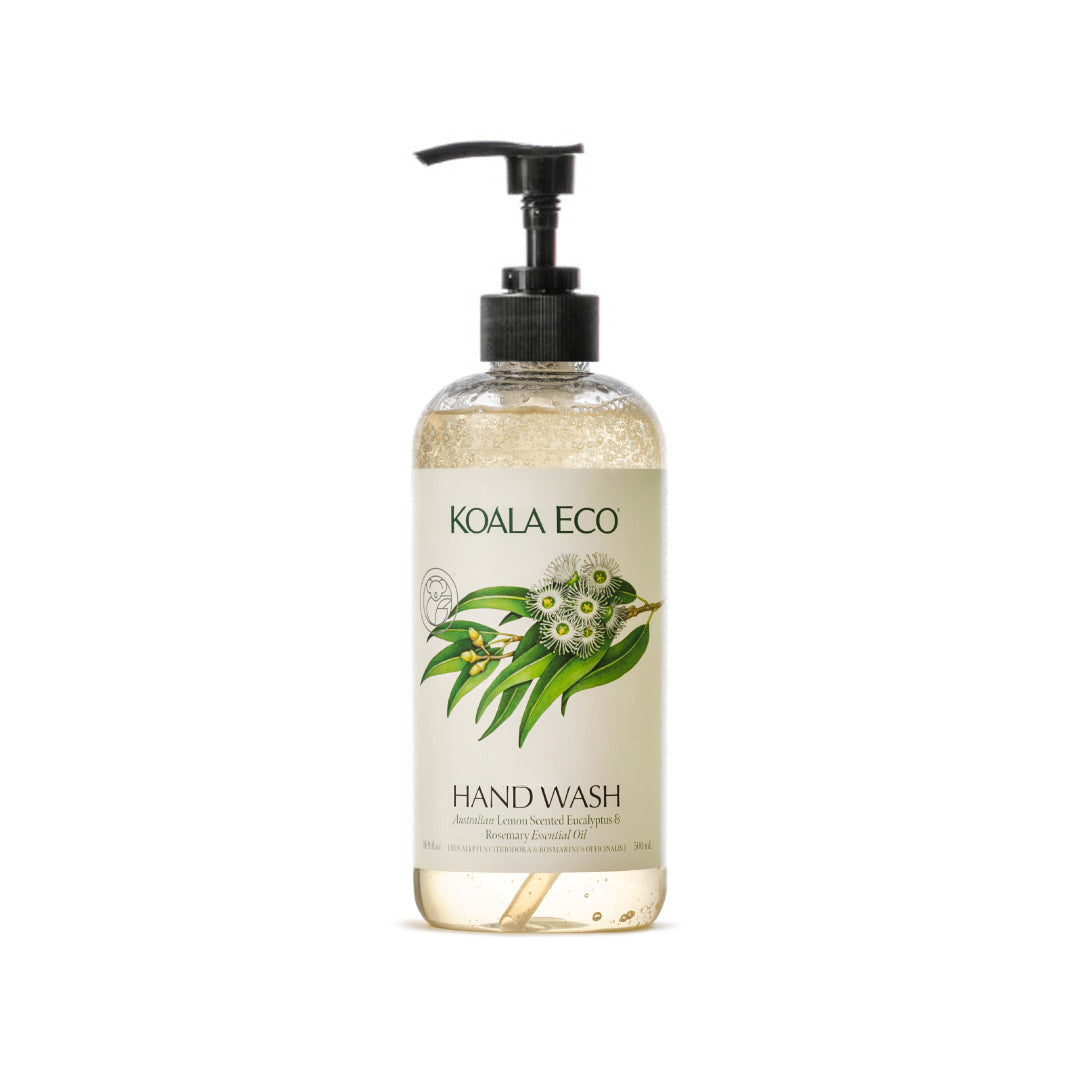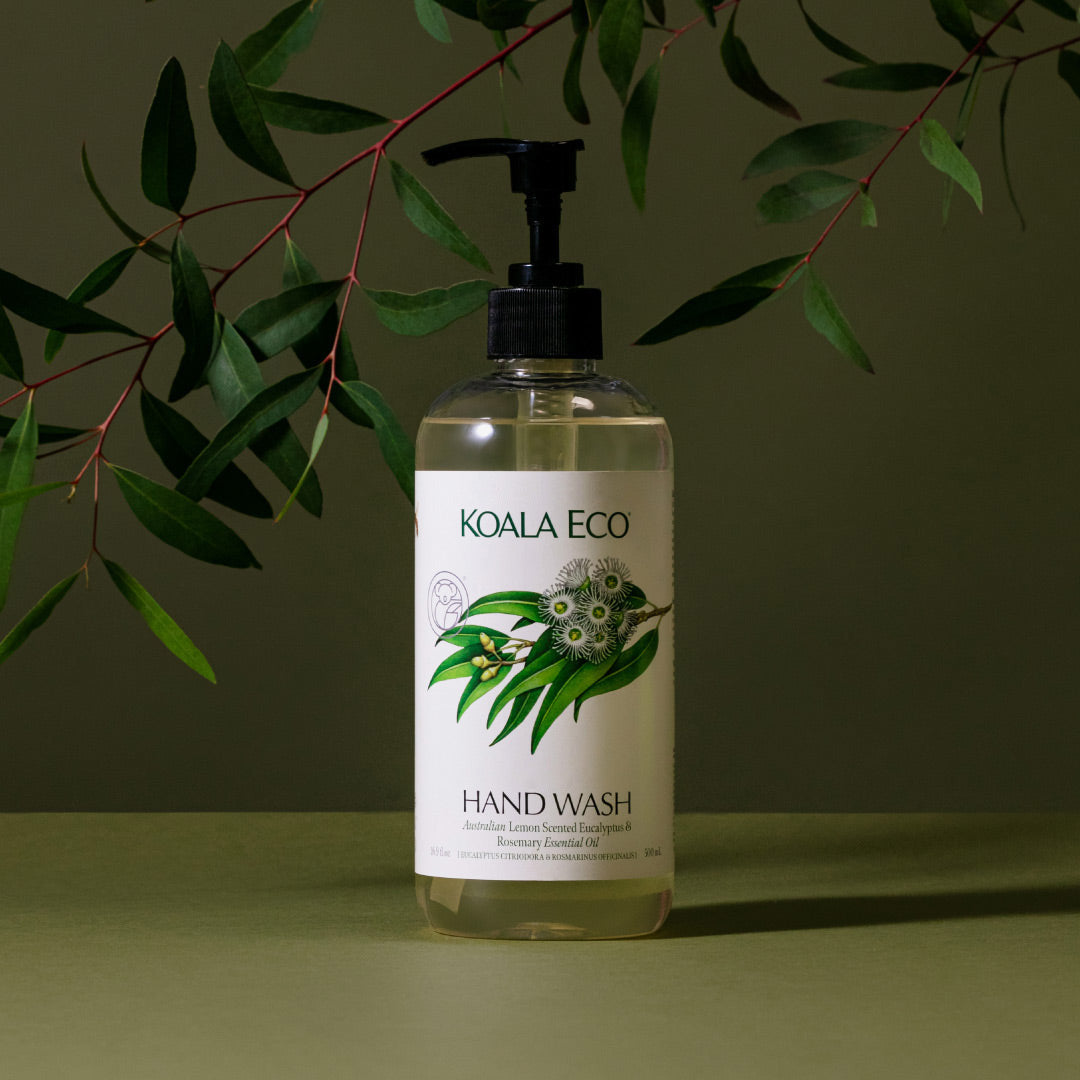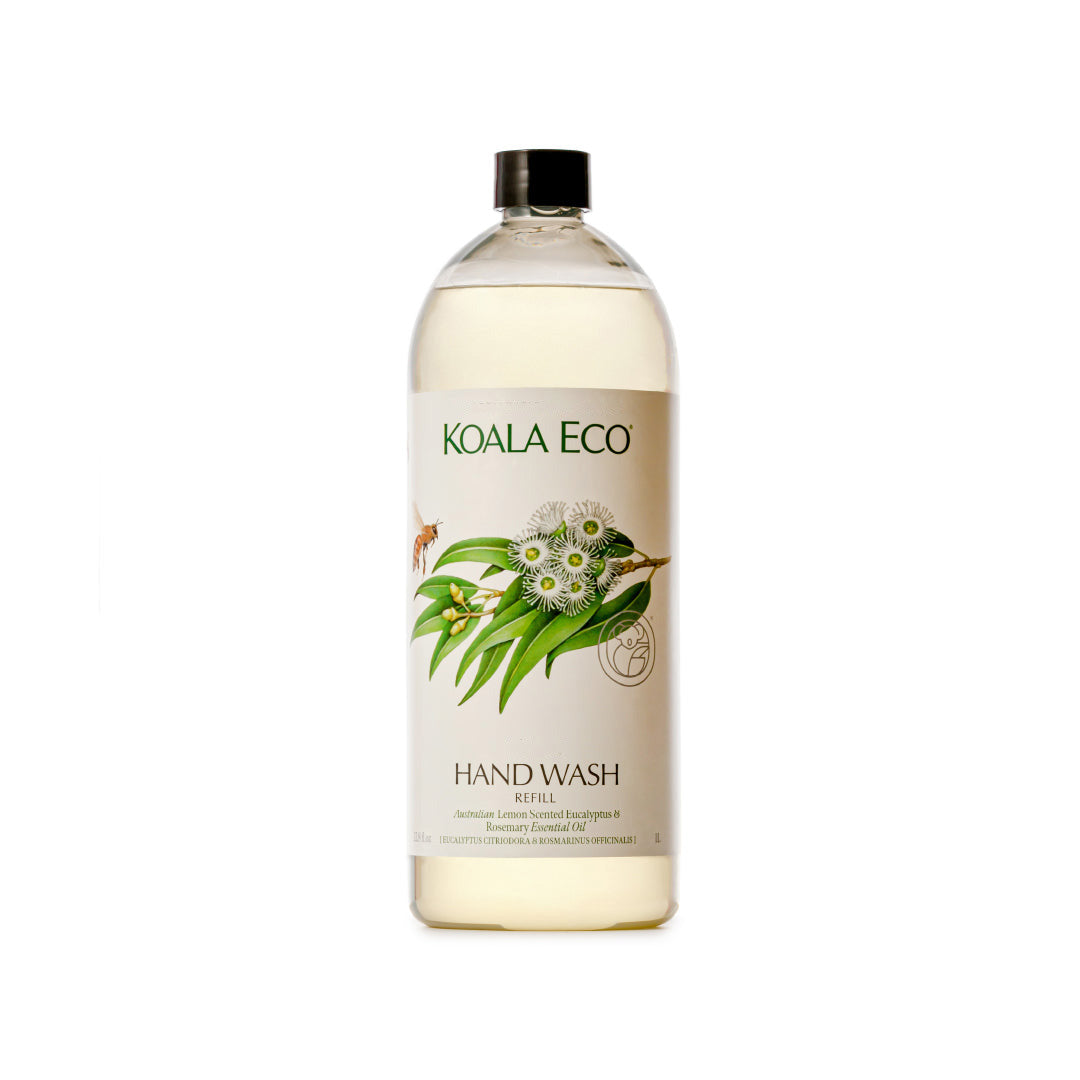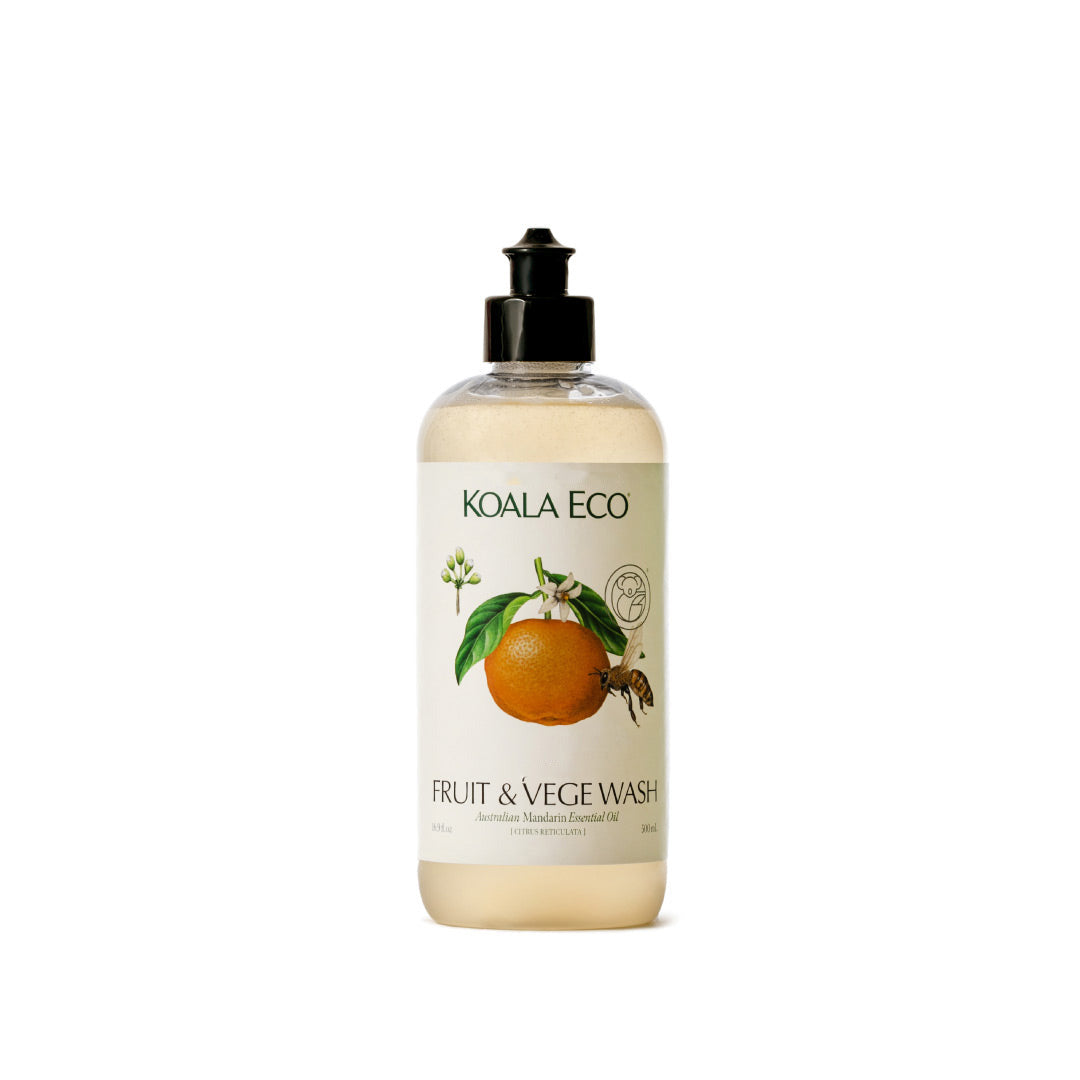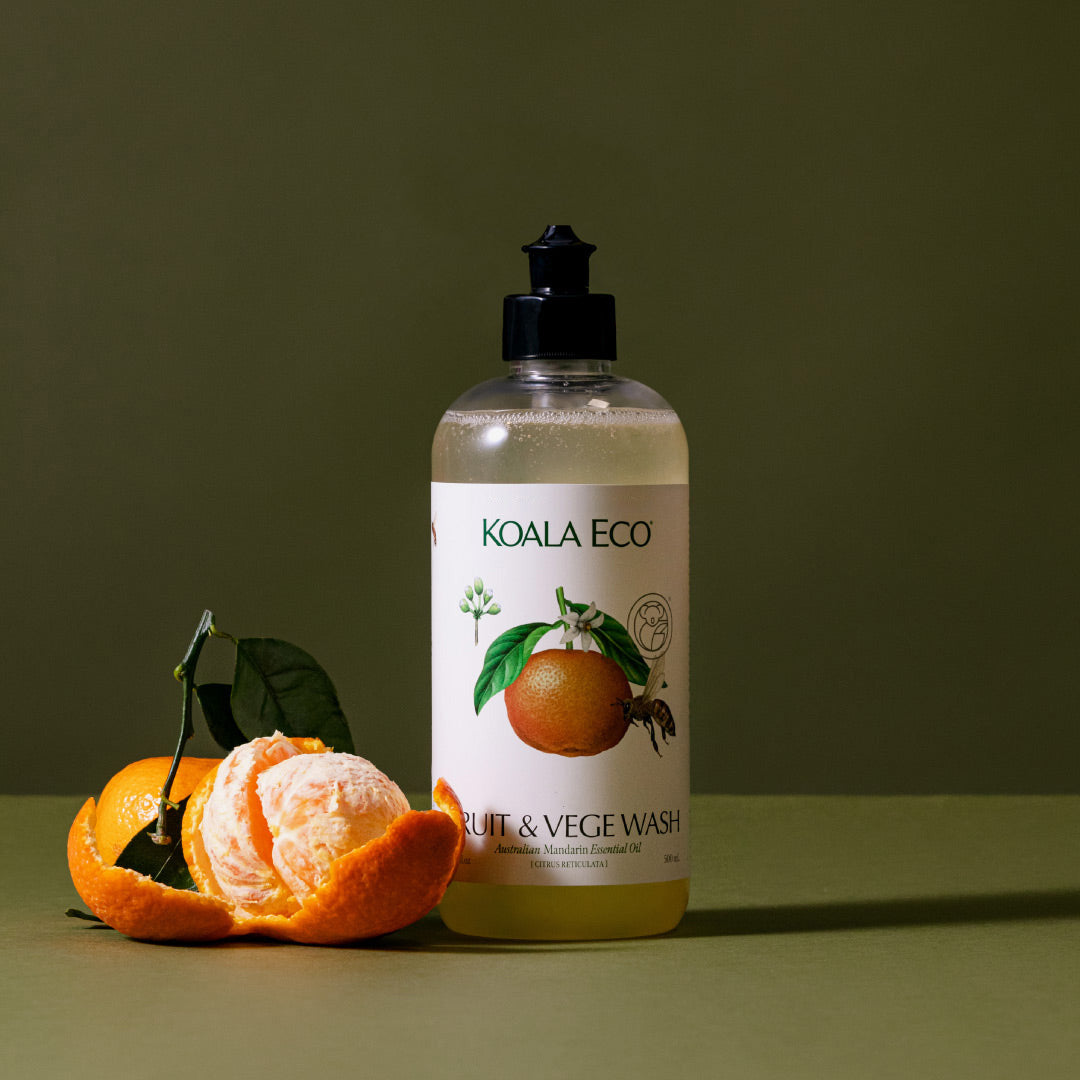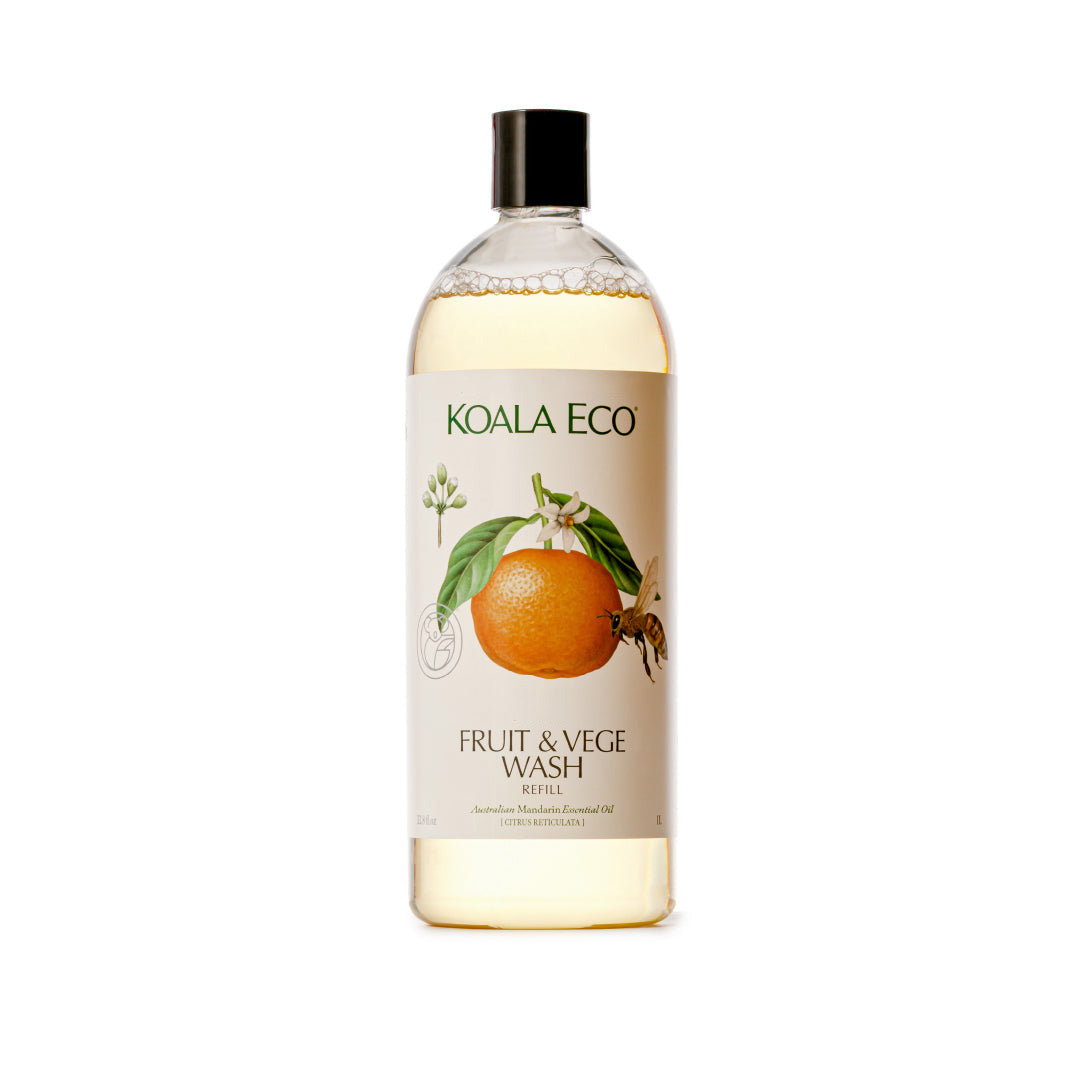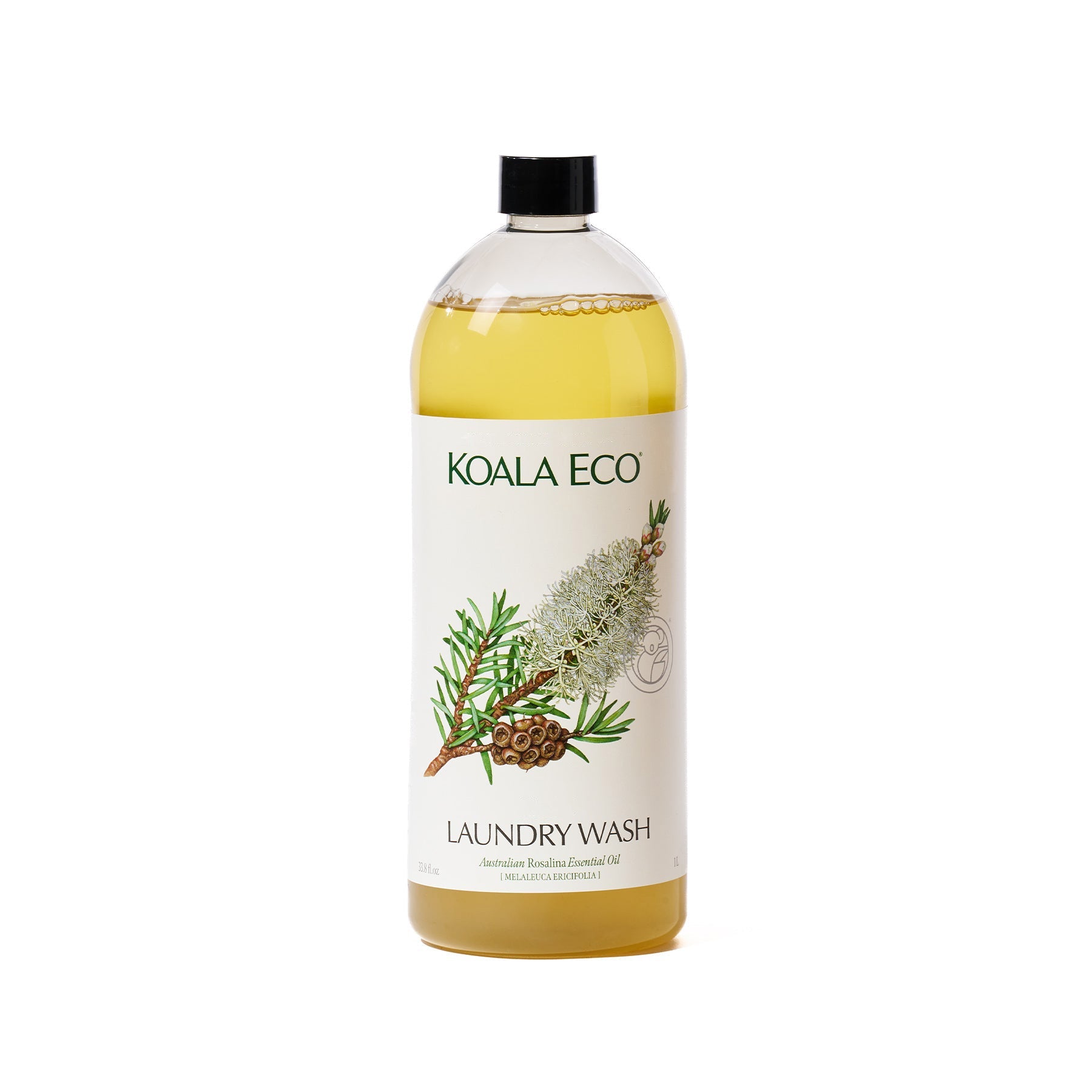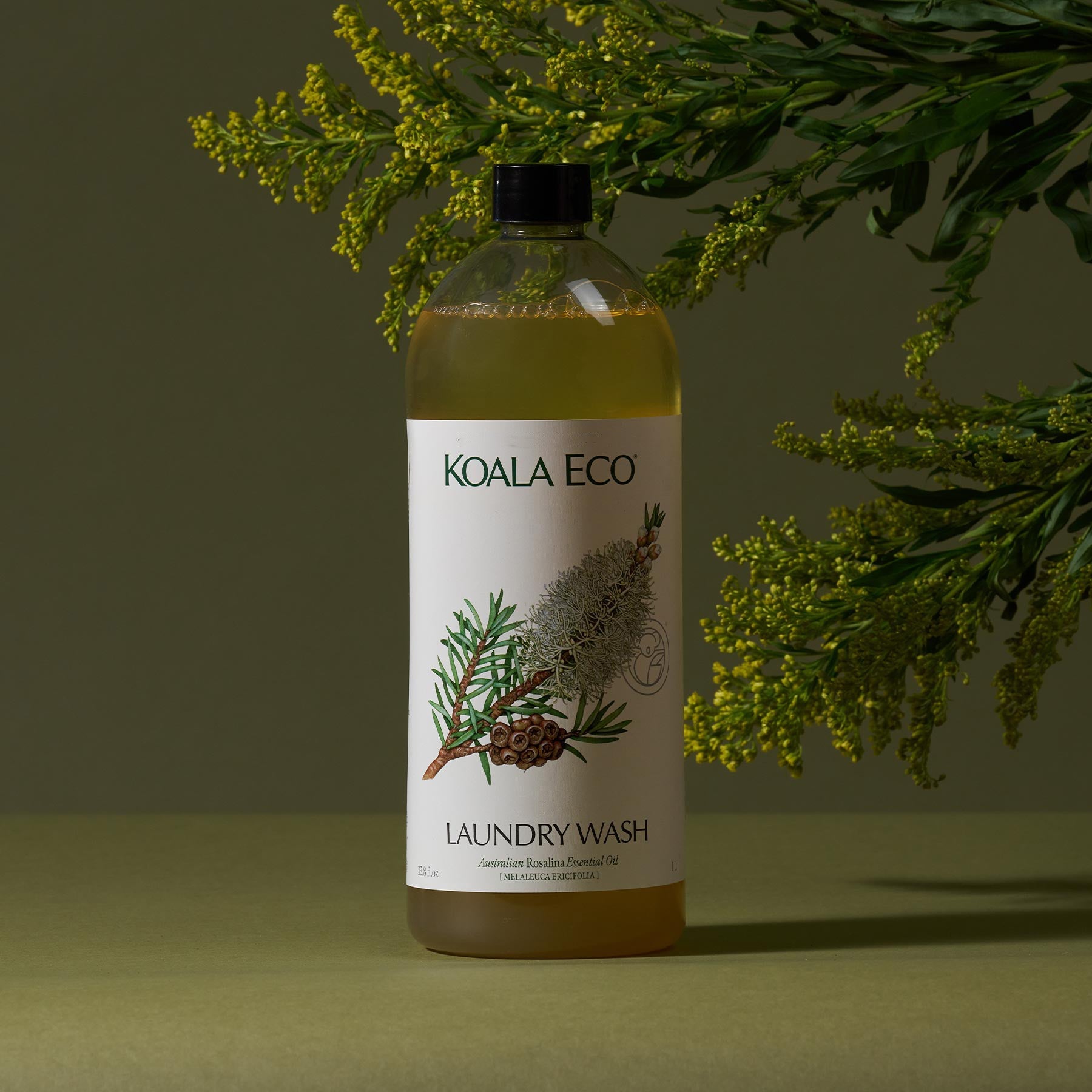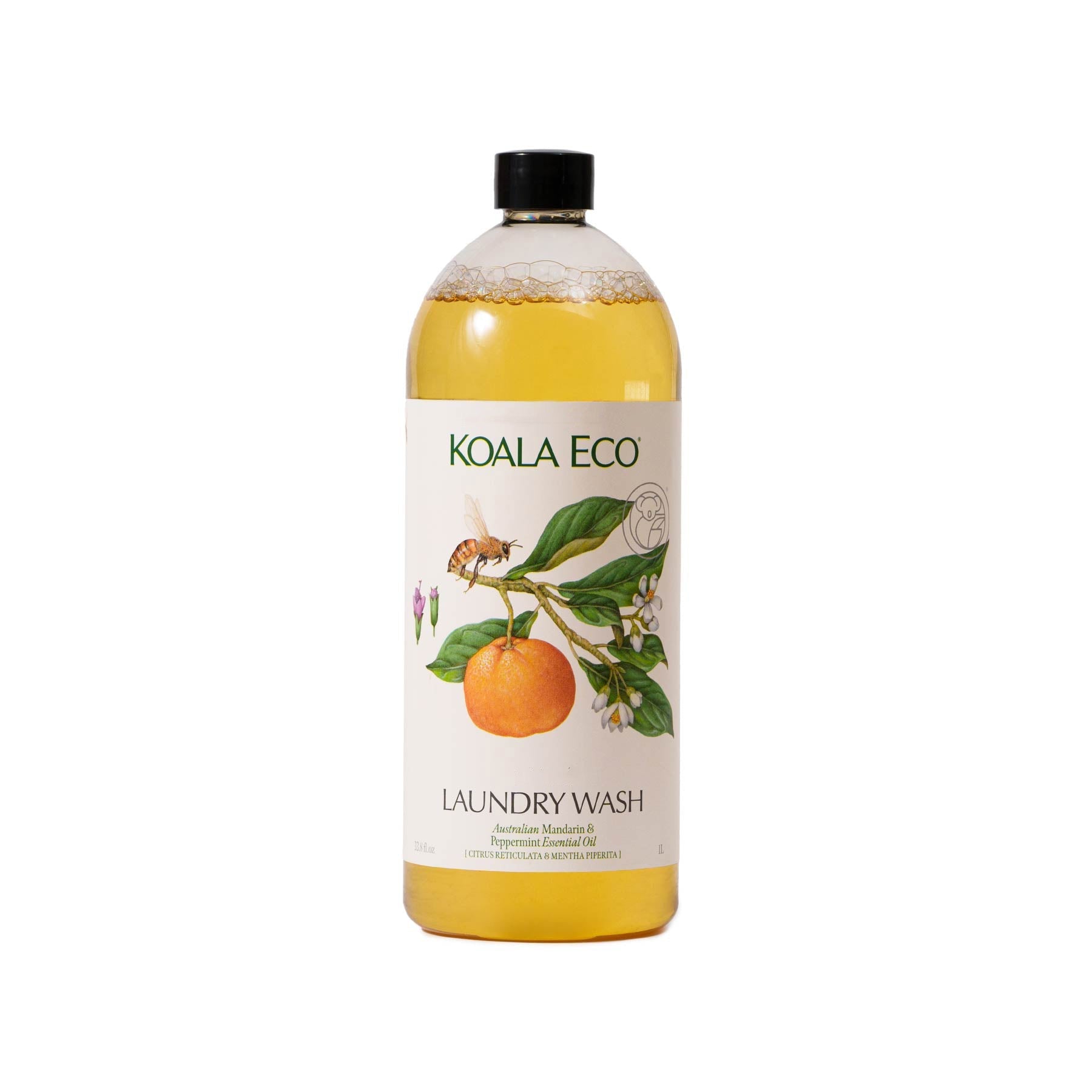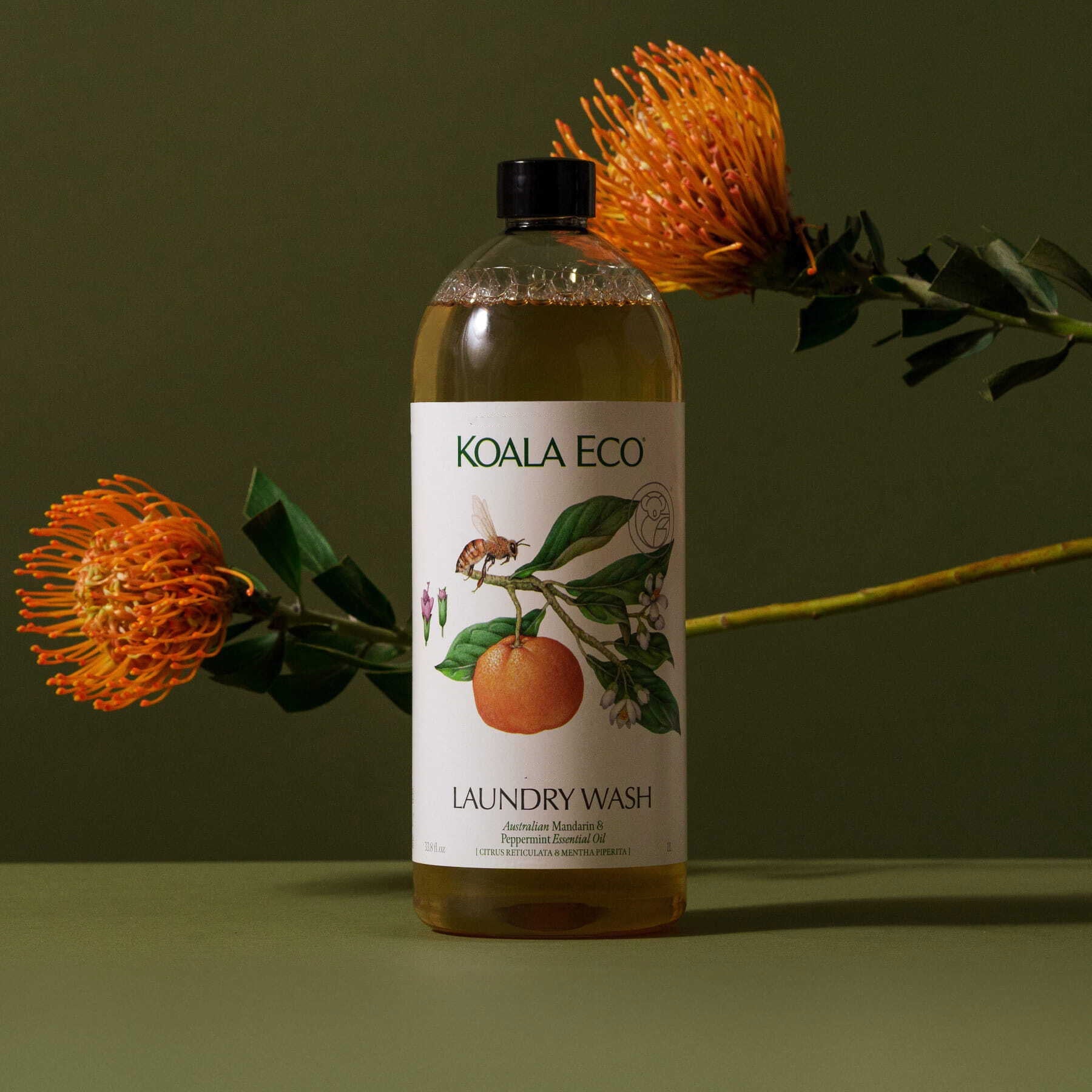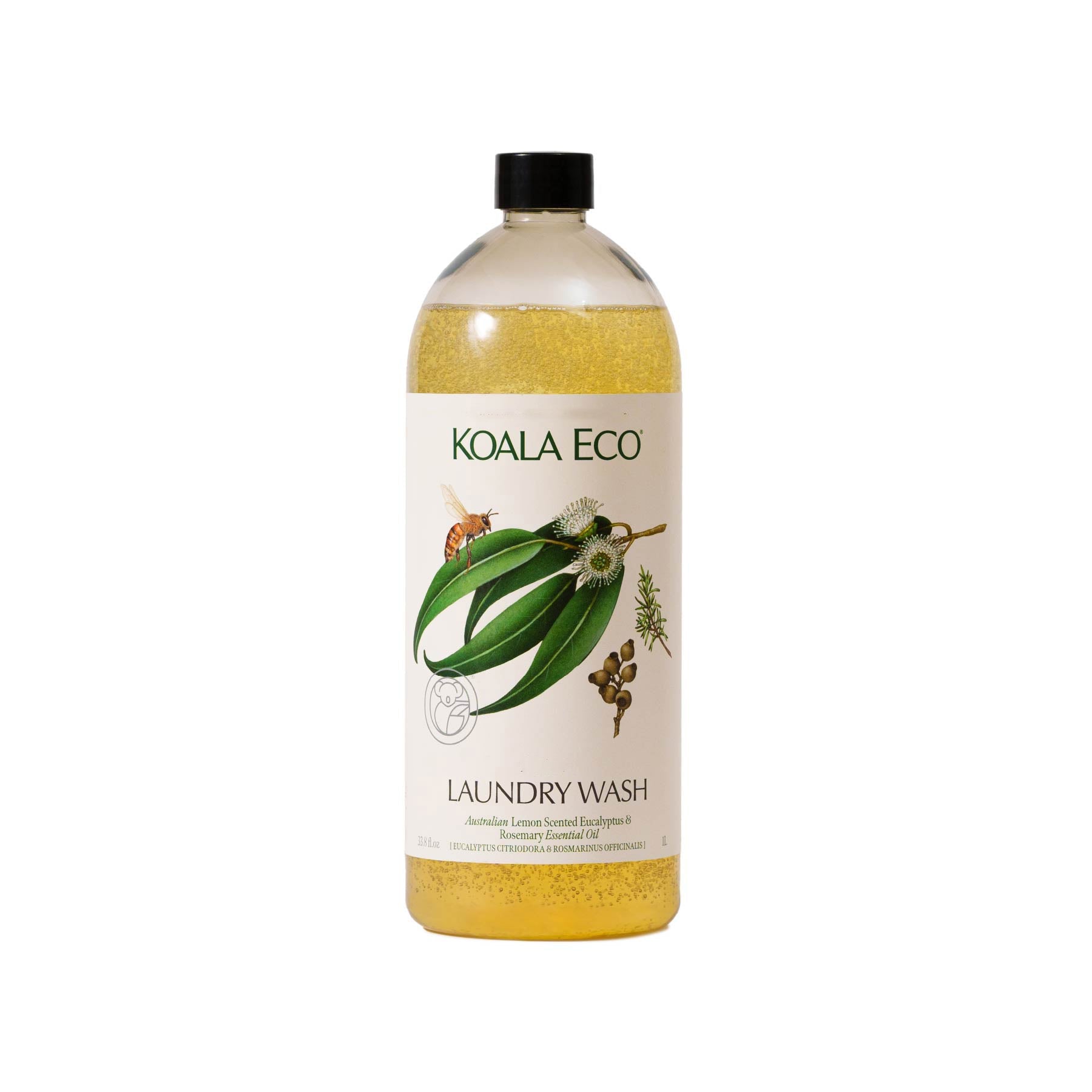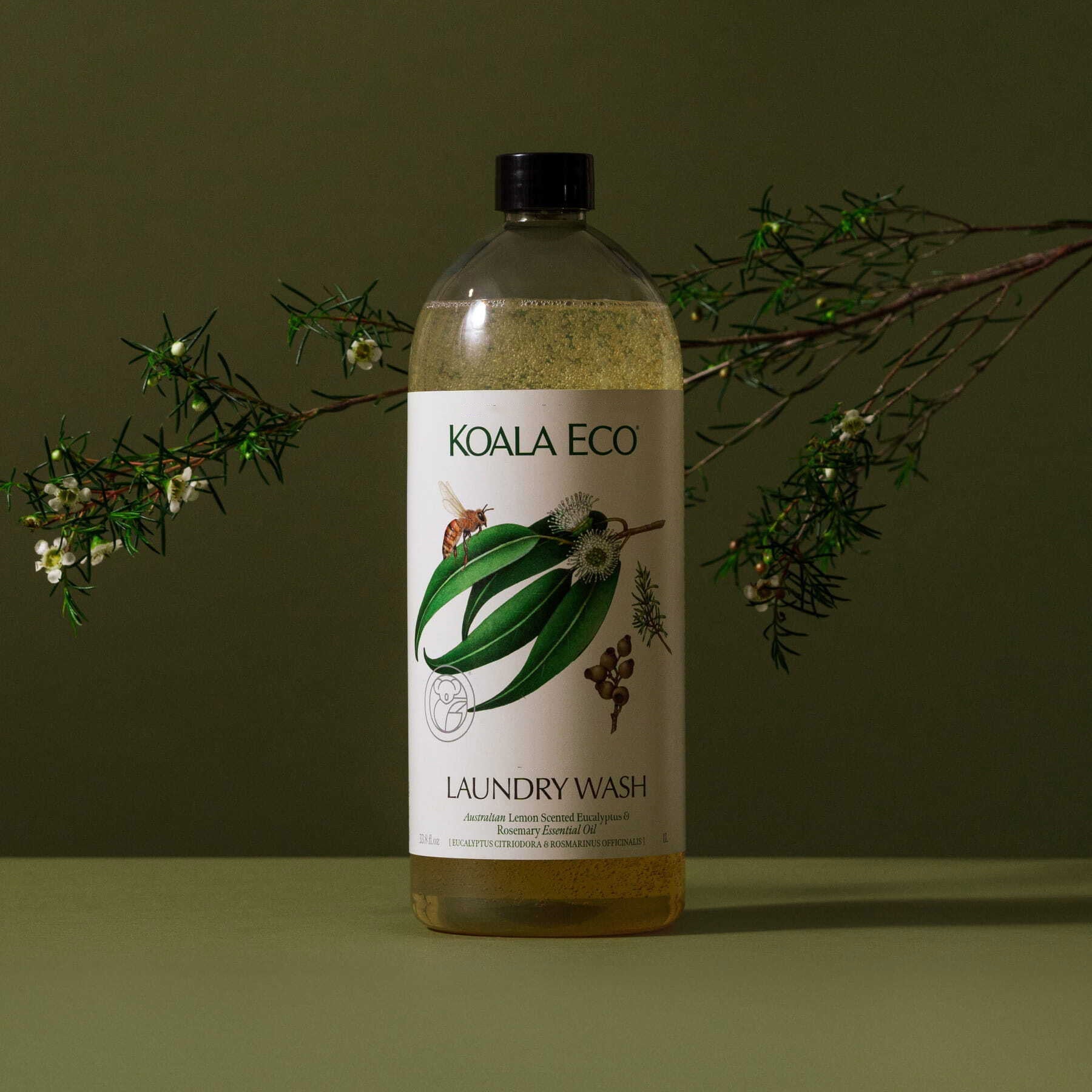Reflections on the deeper meaning behind ‘More Nature, Feel Better’
In her classic nature memoir The Living Mountain, the late Scottish hill walker Nan Shepherd observed of the mountains she walked daily: ‘however often I walk on them, these hills hold astonishment for me. There is no getting accustomed to them.
I think this captures something of what nature means to Paul and me. On the one hand, there’s a feeling of belonging and familiarity—nature has been an integral part of our lives since childhood—yet on the other, we’ve a constant sense of awe at nature’s power, resilience and sheer mystery.
I’ve been reflecting on my own experiences; realising the best memories are usually created from being outdoors: cold winters spent skiing and long summer days outside from morning to night. There’s just something about fresh air and open spaces that feels good. Nature gets under your skin and into your senses in a way that your body will often remember before your brain catches up.
My mum had this strong belief in the power of fresh air. Even when it was freezing, if one of us kids were sick, she’d throw open the windows to let in the clean, brisk New England air. In other cultures this is a way of life. My twin sister loves to tell the story of her Scandinavian friends who would bundle up their baby and put him outside for his ‘fresh air time’ no matter the weather.
Paul’s connection to nature also runs deep. He grew up on a remote farm in Western Australia, where being outside wasn’t just a choice: it was life. He spent his days in the sheep yards, surrounded by open skies and red dirt. He experienced the familiar—the close monitoring of the seasons, the rhythm of farm life—alongside the awe invoked by the sheer scale of the horizons, the vastness, sometimes harshness of country.
As a family, the ocean is a big part of our lives. There’s a great book by The New York Times reporter Damien Cave, called Into the Rip: How the Australian Way of Risk Made My Family Stronger. In it, Cave describes the differences between Australian and US cultures and how letting his kids take on challenges and risks helped them grow stronger, and that idea has really resonated with us. It felt important to let our boys experience the sea fully, so we gave them space to navigate rips and to surf from a young age. Now most days you will find them surfing, and making the most of an environment that is as familiar as it is challenging.
For us, the ‘More Nature, Feel Better’ messaging of Koala Eco isn’t just a tagline. It’s at the heart of everything we do, and is the best way of articulating what we’re about. We know, because our family is living it to the best of our ability, that spending life as much as possible outside makes a positive difference to life and health, and we want to share that experience with our community.
Our products are all about nature because we believe they’re better: for people, for nature and for the planet. Our giveback and philanthropic work focuses on nature, too, and particularly on supporting people to have meaningful connections with wildlife and the natural environment.
It didn’t matter how many times Nan Shepherd walked the mountains. Nature was a place where she could discover boundless new wonders while also feeling right at home. We want as many people as possible to benefit from nature’s gift of that familiarity and awe.

